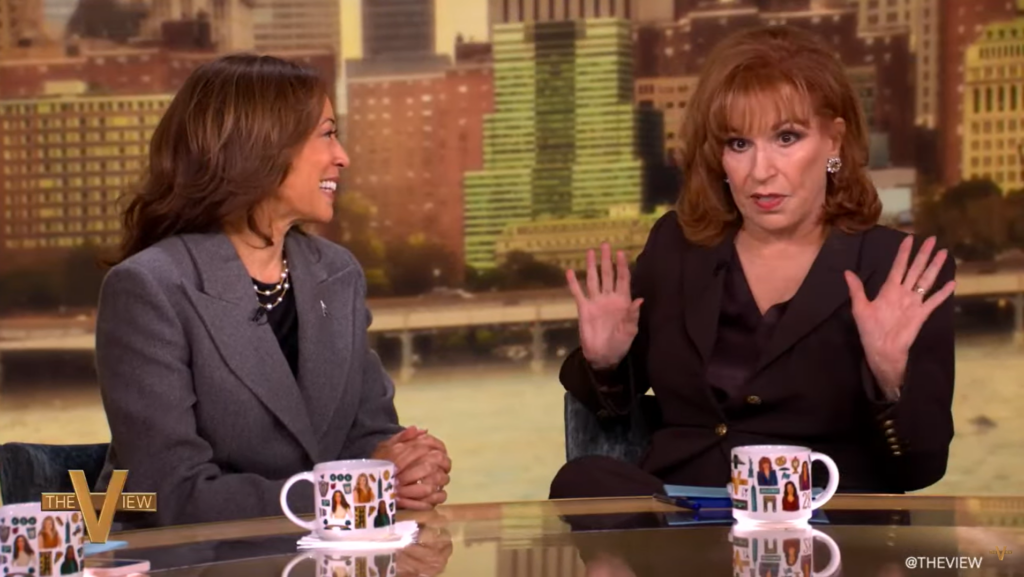Dems join McCarthy to pass debt bill in House, but face new obstacle.
House Overwhelmingly Approves Debt Ceiling and Budget Cuts Package
The House of Representatives has approved a debt ceiling and budget cuts package negotiated by President Joe Biden and Speaker Kevin McCarthy, sending it to the Senate for passage before the fast-approaching deadline. The hard-fought compromise pleased few, but lawmakers assessed it was better than the alternative — a potentially devastating economic upheaval if Congress failed to act.
“We did pretty dang good,” McCarthy, a California Republican, said afterward.
Tensions ran high as conservative Republicans refused the deal, but Biden and McCarthy assembled a bipartisan coalition to push to passage on a robust 314-117 vote. Amid deep discontent from Republicans who said the spending restrictions did not go far enough, McCarthy said it is only a “first step.”
Bipartisan Effort Needed in the Senate
A similar bipartisan effort from Democrats and Republicans will be needed in the Senate to overcome objections. Overall, the 99-page bill would make some inroads in curbing the nation’s deficits as Republicans demanded, without rolling back Trump-era tax breaks as Biden wanted. To pass it, Biden and McCarthy counted on support from the political center, a rarity in divided Washington.
What the Package Includes
A compromise, the package restricts spending for the next two years, suspends the debt ceiling into January 2025 and changes some policies, including imposing new work requirements for older Americans receiving food aid and greenlighting an Appalachian natural gas line that many Democrats oppose. It bolsters funds for defense and veterans, and guts new money for Internal Revenue Service agents.
Raising the nation’s debt limit, now $31 trillion, ensures Treasury can borrow to pay already incurred U.S. debts.
Republican Opposition
Top GOP deal negotiator Rep. Garret Graves of Louisiana said Republicans were fighting for budget cuts after the past years of extra spending, first during the COVID-19 crisis and later with Biden’s so-called Inflation Reduction Act, with its massive spending increases to fight climate change, supposedly paid for with revenues elsewhere.
But Republican Rep. Chip Roy, a member of the Freedom Caucus helping to lead the opposition, said, “My beef is that you cut a deal that shouldn’t have been cut.”
For weeks negotiators labored late into the night to strike the deal with the White House, and for days McCarthy has worked to build support among skeptics. At one point, aides wheeled in pizza at the Capitol the night before the vote as McCarthy walked Republicans through the details, fielded questions and encouraged them not to lose sight of the bill’s budget savings.
The speaker has faced a tough crowd. Cheered on by conservative senators and outside groups, some members of the House Freedom Caucus lambasted the compromise as falling well short of the needed spending cuts, and they vowed to try to halt passage.
Ominously, some conservatives warned of possibly trying to oust McCarthy over the compromise.
Next Steps
In the Senate, Democratic Majority Leader Chuck Schumer and Senate Republican leader Mitch McConnell are working for passage by week’s end. Schumer warned there is ”no room for error.” Some senators, who have remained largely on the sidelines during much of the negotiations, are insisting on amendments to reshape the package, which could pose a major hurdle to final passage. But making any changes at this stage seemed unrealistic with so little time to spare before Monday’s deadline.
The Western Journal has reviewed this Associated Press story and may have altered it prior to publication to ensure that it meets our editorial standards.
" Conservative News Daily does not always share or support the views and opinions expressed here; they are just those of the writer."





Now loading...